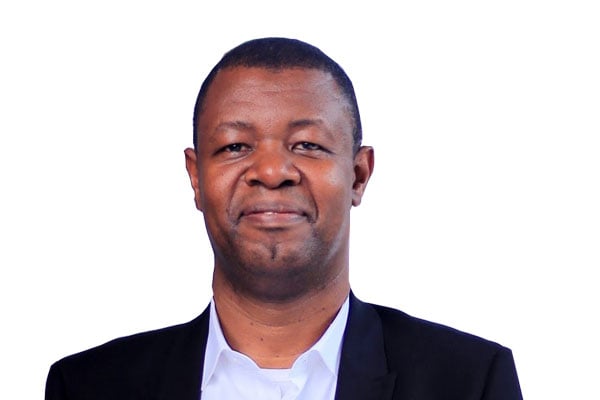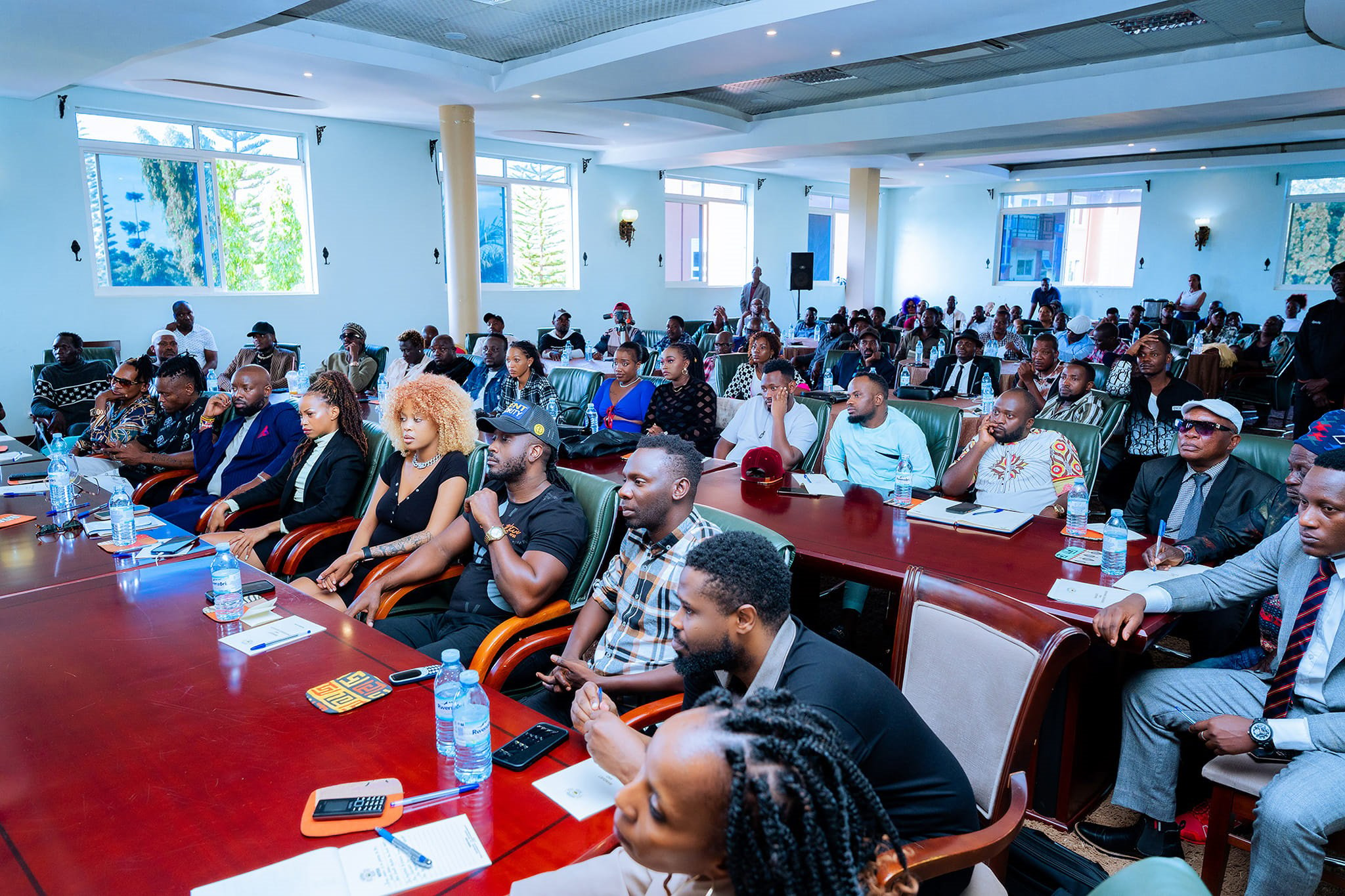Prime
Content piracy: A fight for African culture and heritage

Hassan Saleh
What you need to know:
- “...Content piracy is a form of digital theft, which misappropriates creative work without fair compensation...
Beloved, Damalie, Hotel Mara , and Kan See Me … all of these are expressions of our society, showcased by talented creators and production crews, telling African stories for African audiences. All are threatened by content piracy.
A nation’s creative output is a fundamental part of its identity. One could even argue that art and creative works are what allows a group of people to define themselves as a nation. In centuries past, those artworks might have included pottery, sculpture, textile and clothing design, as well as religious and cultural artefacts. Today, these cultural signifiers are still produced, but they exist alongside contemporary art forms that are equally important in defining national culture today. Those modern art forms include film, television, recorded music, websites, virtual environments and a host of other digital content.
Digital channels make it easier to distribute this creative cultural content, and to reach more people. However, the digital economy comes with a significant risk of piracy.
Content piracy is a form of digital theft, which misappropriates creative work without fair compensation for the work’s creators and rightsholders.
This is the modern face of art theft, and we have all been exposed to it.
Piracy can take the form of broadcast interception, the showing of content that hasn’t been licensed, or the copying, sharing and sale of online digital content on pirate websites. Tragically, it’s the most exciting, most relevant content that is most likely to be pirated. Digital content piracy is an insidious crime. It initially appears to be a mild, victimless misdemeanour, but when it becomes rampant, it can destroy entire creative industries. Content piracy deals a death blow to local creatives when audiences begin to access their work on alternative channels and legitimate platforms are starved of viewers. The legitimate licence holders are then unable to build businesses on funding and creating original local content. This is especially relevant in Africa.
When it’s no longer viable to produce local, Africa content – because it’s being pirated – it becomes easier and more financially viable to simply purchase cheap international content from the USA, Europe and the Global North.
Audiences are then provided with films and shows that reflect the values of the developed world – not Africa. The idea of a nation expressing itself, telling its stories through its cultural output, is then undermined. It becomes a case of rich, industrialised nations colonising the minds of African audiences with generic, Western content.
Content piracy supports cultural imperialism. Where African people no longer see themselves reflected in the art they consume, it distorts how they see themselves. Conversely, when Africa stops exporting content to the world, it distorts the way the world sees Africa.
In the US, a global leader in content creation, an industry report estimated that digital video piracy was costing the economy between 230 000 and 560 000 jobs every year, and up to $115.3b in reduced gross domestic product. How much larger then, is the impact in Africa, already battling to make its voice heard!
An Irdeto survey found that users in five major African territories made 17.4 million visits to the top 10 identified piracy sites on the Internet in a three-month period.
African-based organisations like Irdeto, Partners Against Piracy are doing sterling work to protect intellectual property and ensure that content creators retain the right to earn a living from their work.
If we allow criminals to steal our creative output, we allow them to silence our voice and to destroy an expression of our culture. We must continue that fight, and defend our right to make Africa’s voice heard.
The writer, Hassan Saleh is the managing director at Multichoice Uganda.




